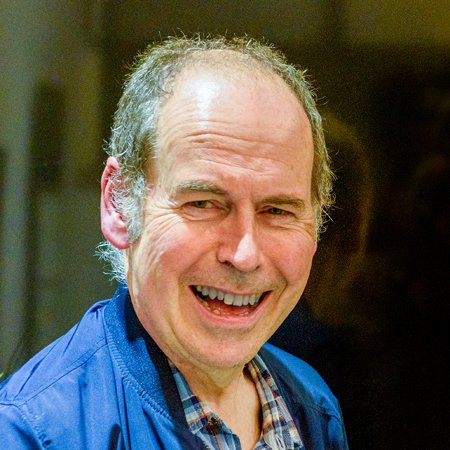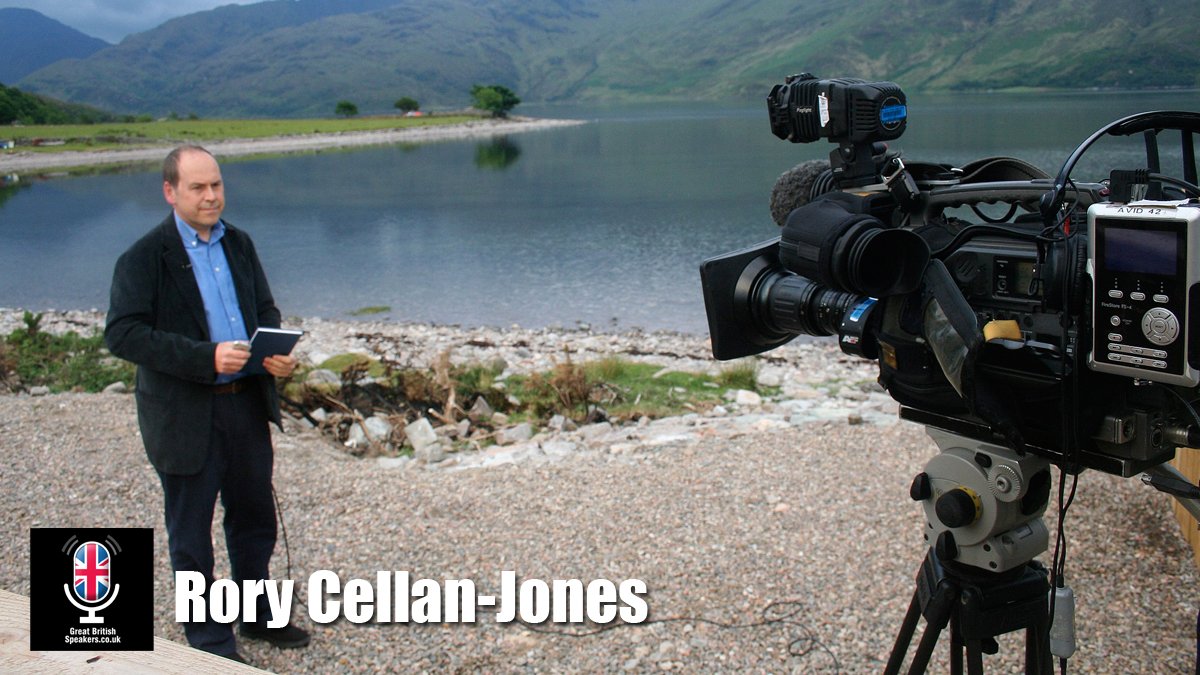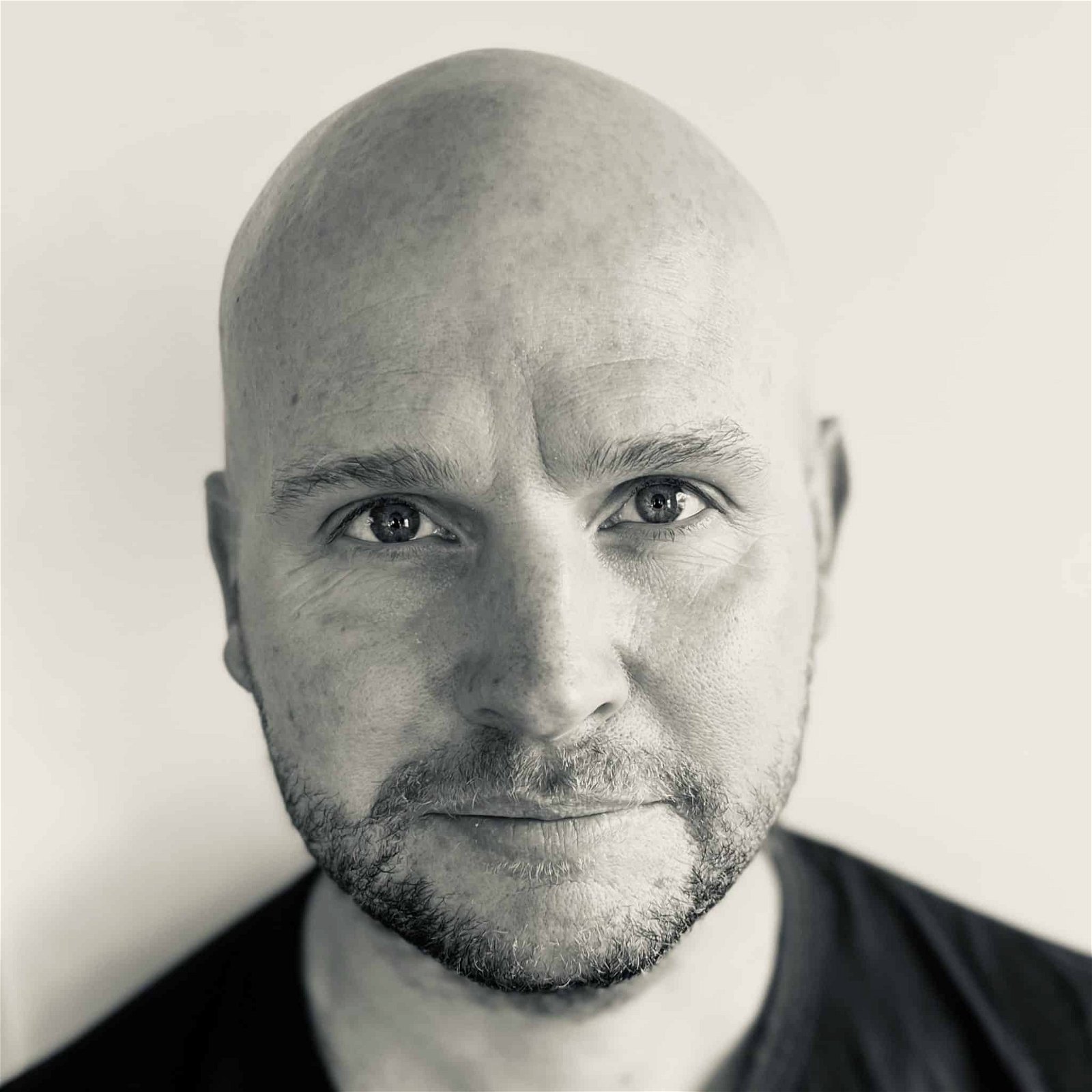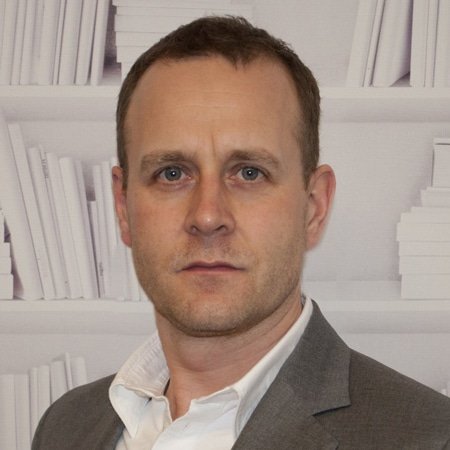

Rory Cellan-Jones
Rory Cellan-Jones worked for the BBC for over forty years, firstly as a business correspondent and then as a technology correspondent. He has covered stories including the rise and fall of internet businesses, the financial difficulties of business institutions such as Marks & Spencer, and the impact of technology.
In 2022, Rory was made an Honorary Fellow of The National Museum of Computing, recognising his impact on the public understanding of technology, the internet, culture, history and science.
An expert in his field, Rory is often booked as a keynote speaker on a range of topics, bringing his knowledge and friendly nature to stages, big and small.
Contact Great British Speakers today to book former BBC business & technology correspondent Rory Cellan-Jones for your next event.
Type Of Speaker
More About Rory Cellan-Jones
Rory Cellan-Jones worked for the BBC since 1981, starting as a researcher for Look North, before working on Newsnight, Wales Today, and Breakfast Time.
He then moved into business correspondence, working across many BBC television stations and radio networks, including The Money Programme, Newsnight, and The Today Programme. He stayed in this role until 2007 when he became the BBC’s Technology Correspondent, tasked with expanding how the BBC can impact business and society through the internet.
Rory left the BBC in 2021 to become a consultant and advisor, first for business services company FIT Consulting, and then in 2022, as Senior Media and Strategy Consultant for Brands2Life.
Rory Cellan-Jones – Written Work
As well as a familiar face on our TV screens, Rory is an accomplished author of several non-fiction books, including:
dot.bomb: The Rise & Fall of Dot.Com Britain (2001), which analysed the good and bad effects of the 2000 internet stock market crash.
The Secret History of Social Networking (2012), which explored the roots of social networking from the 1970s to the advent of Facebook.
Always On: Hope and Fear in the Social Smartphone Era (2021), which examines the impact that having 24/7 access to the internet can have on anything from our health to politics and democracy.
Rory Cellan-Jones and Parkinson’s Disease
Just before he left the BBC, Rory announced he had been diagnosed with Parkinson’s Disease, explaining, “I’m getting good treatment and the symptoms are mild right now so I’m carrying on as normal. Onwards and upwards!” This diagnosis saw him blend his health with his career interests, investigating how technology can improve the symptoms and prognosis of people with Parkinson’s Disease.
Rory Cellan-Jones Speaking Topics
– Business
– Technology and Innovation
– Artificial Intelligence
– The Future of Technology
– Social Media
– Technology in Medicine
Call +44 1753 439 289 or email Great British Speakers now to book business and technology presenter Rory Cellan-Jones for your corporate event.
Contact us.
Get In Touch

Similar Talent
VIEW MORE- International Commercial Diver
- Star of Netflix, BBC Documentary – ‘Last Breath’
- Crisis Management/Risk Assessment
- Leadership/Teamwork/Resilience/Adversity
- CEO of ‘The Spring Back Guide’
- Host of Returnity Podcast
- Expert Coach on Returning to the Workplace
- Pre and Post-Maternity
- Innovative and Inspirational Change Agent
- No Bullsh*t Approach to Leadership
- Successful Track Record as Global CEO
- Award Winning Author of No Bullsh*t Leadership




